WHY DO I NEED A MENTOR?
Sometimes people use the words “mentoring” and “coaching” interchangeably, but they do not describe the same type of working relationship. Both share basic organizational and team goals including learning and development that leads to peak performance, and the realization of full potential. However, the definition, focus, role, approach, and tools of each are different. In this conversation, you can expect us to discuss:
- Mentoring: A more informal association focused on building a two-way, mutually beneficial relationship for long-term personal development.
- Coaching: A more formal structured association focused on improvements in behavior and performance to resolve present team issues or handle specific aspects of performance.
Role
- Mentoring: Talking with an athlete who has identified his needs prior to entering into a mentoring relationship. The emphasis is on active listening, providing information, making suggestions, and establishing connections.
- Coaching: Talking to an athlete, identifying what she needs, and developing an action plan. The emphasis is on instruction, assessing, and monitoring.
Approach
- Mentoring: This is a self-directed method whereby participants have choices. This approach can begin with a self-matching and individualistic process and continue throughout the relationship using a committed timeline to determine how often and where individuals will meet, identify goals, and so forth.
- Coaching: A structured method that is more frequently used whereby athletes are working within a narrower perspective; their agenda is more specific, shorter in duration, and oriented the season and certain results. Usually a coach is assigned to an entire team.
Tools
- Mentoring: The most important tool is the Mentoring Agreement—developed, completed, and signed by both participants. This document formalizes commitment to the mentoring relationship. Items include individual goals, learning content, a meeting schedule, and communication methods.
- Coaching: Depending on the situation, various assessments can be used such as skills training activities, practices, and teaching evaluations. A contract can be issued regarding certain problems that need to be resolved or skills to be learned.
Although differences exist between mentoring and coaching, they do share some comparable characteristics as well:
- Defined roles allow individuals to envision the achievement of desired goals.
- Working relationships require trust, respect, open communication, and flexibility.
- Training, education, and orientation are necessary.
- Success is best achieved when leaders understand the return on investment, and expectations regarding engagement, performance, and retention are being achieved.
- The mission is to meet both individual and team goals.
A good combination of Coaching and Mentoring will increase an athletes’ chances of success. Each one enhances an individual’s ability to contribute to the team’s goals. Consider how these two activities can fulfill the expectations of coaches, student-athletes, and sports parents, while simultaneously accomplishing the team’s goals.
For booking contact: deshawn@sportsmastery.com
The Sports Mastery Workbook is a tool that offers strategies and tools to enhance any coaching or mentoring program. It offers assignments and reading that encourages accountability and responsibility. To learn more click here.

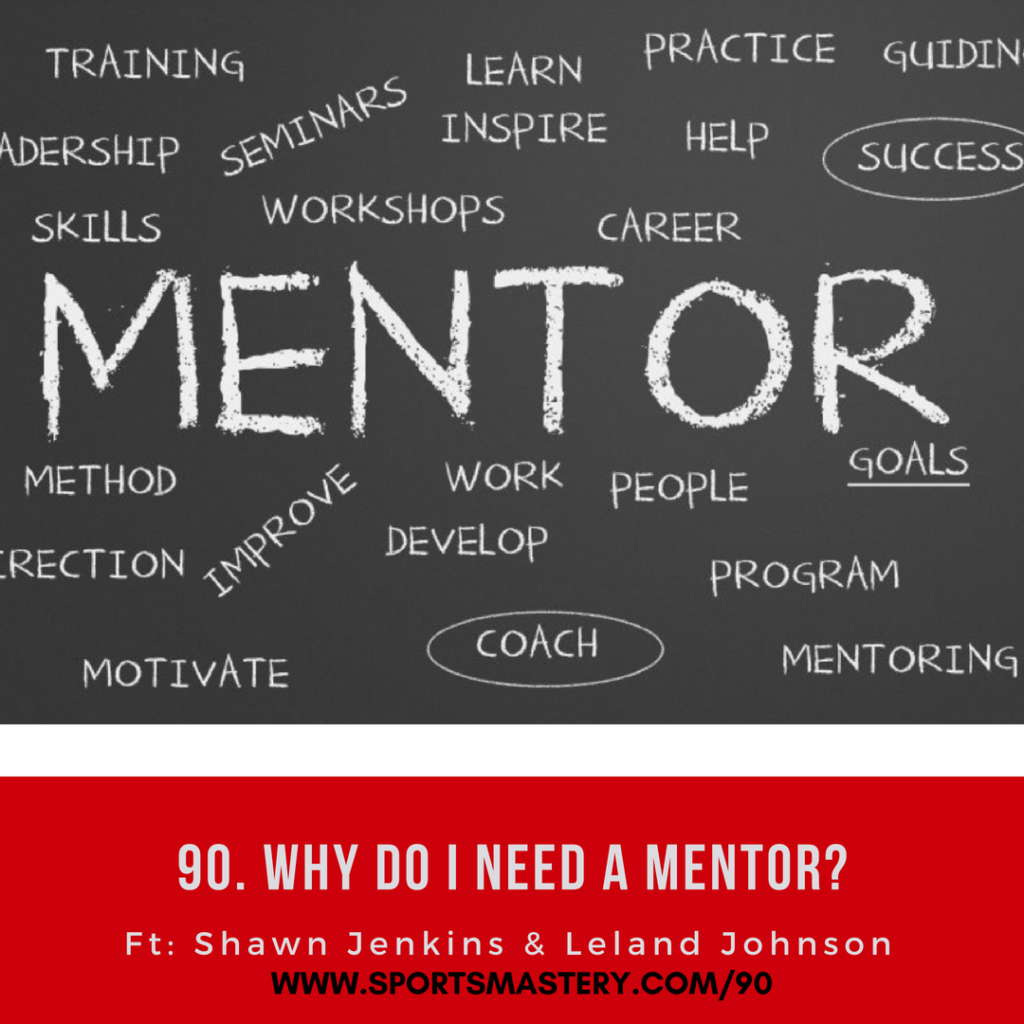
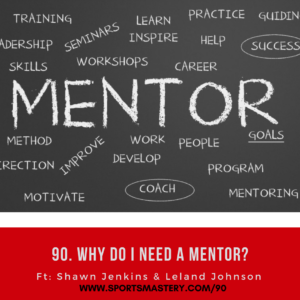
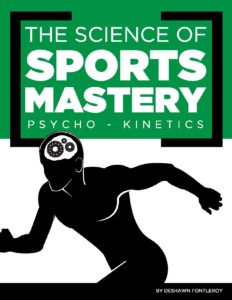
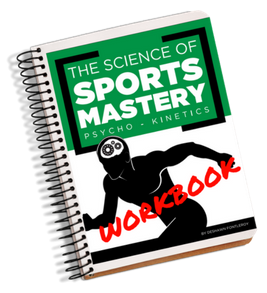

 Your Information is Safe
Your Information is Safe Secure Checkout
Secure Checkout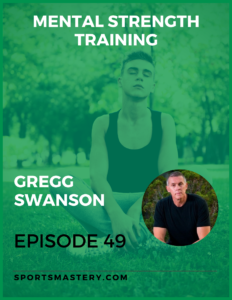

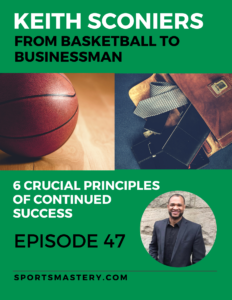

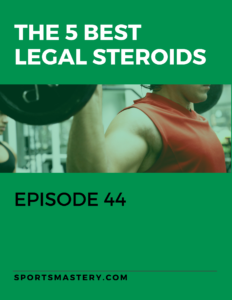

 6 Week Mastermind
6 Week Mastermind